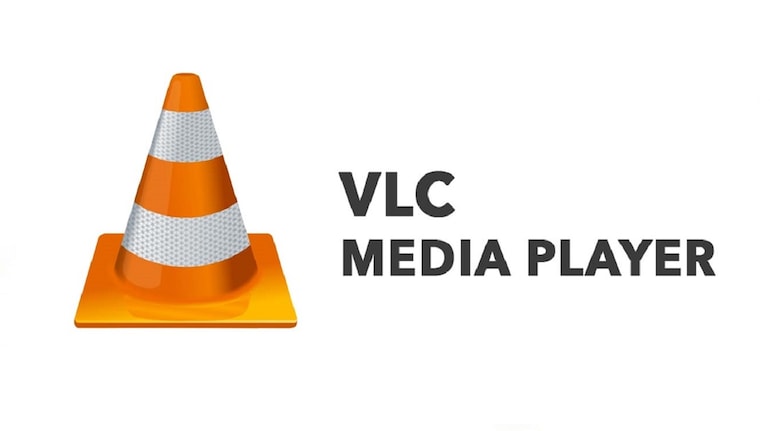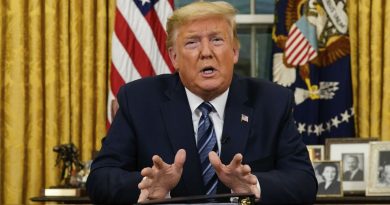VLC Media Player Developer VideoLAN Issues Legal Notice to DoT, MeitY Over Website Ban in India
VLC Media Player developer VideoLAN has sought the DoT’s reasoned blocking order and a chance to defend its case through a virtual hearing.
- VLC Media Player is free and open-source ad-free software.
- VideoLAN’s website is blocked in India by the DoT.
- VLC Media Player is currently used by 80 million Indian users.
VLC Media Player developer VideoLAN has issued a notice to the Department of Telecommunications (DoT) and the Ministry of Electronics and Information Technology (MeitY) over the blocking of its website in India. The creator of the popular open source video player has asked the DoT for a copy of the reasoned blocking order issued for the banning of its website, as well as an opportunity to defend its case through a virtual hearing. Earlier this year, digital liberties organization Internet Freedom Foundation (IFF) was informed by MeitY that it did not have any information regarding the blocking of VideoLAN’s website in the country.
In its legal notice to the DoT, Jean-Baptiste Kempf, President and lead VLC developer of VideoLAN states that the organisation noticed that its website was blocked earlier this year, without any prior notice. The blocking of the website for the popular media player was widely covered by news organisations, while eliciting responses from users on social media. The IFF on Tuesday said that it helped draft the legal notice sent to DoT and MeitY.
The organisation’s legal notice states that the VideoLAN website was blocked by the DoT without any prior notice, or providing an opportunity of a hearing. It also states that the DoT did not follow the procedure under Rule 8 of the Information Technology (Procedure and Safeguards for Blocking for Access of Information by Public) Rules, 2009 and the ruling of the Supreme Court in the landmark Shreya Singhal v. Union of India case.
As per the IT Rules, 2009, officials responsible for blocking orders are required to make reasonable efforts to identify the originator or intermediary, issue notice, provide a hearing before the concerned authority, and provide a copy of the reasoned blocking order.
The legal notice says that it has been six months since the blocking of the website was first reported, and the reasons for the blocking have not yet been communicated to the organisation, which has also not received a notice of hearing or a copy of the reasoned blocking order.
Stating that the blocking of the URL affects the fundamental rights of Indian users of VLC who have a right to receive information freely available on the VideoLAN website, the notice states that the blocking of the URL is also in violation of international obligations to protect free speech in India under Article 19 of the International Covenant on Civil and Political Rights.
VLC’s developers also stated that the ban on the website for the media player was shocking, because the government has endorsed the use of VLC as part of the Digital India programme. MeitY has promoted the use of open source and open technologies. Popular open source software used around the world includes VLC Media Player, Mozilla’s Firefox browser and Thunderbird email client, LibreOffice, WordPress, and Inkscape.
It is also worth noting that the ban on the VideoLAN website in India could force millions of users to download the application through third-party websites, which increases the risk of infection from malicious software. VLC Media Player for other platforms remains available to download via the Google Play store and the App Store.
Gadgets 360 has reached out to the DoT and MeitY for comment, and will update this story once their responses are received.
Back in June, the IFF filed a Right to Information (RTI) application with the DoT seeking information related to the ban of the VideoLAN website in India. The RTI application was transferred to MeitY, and the digital liberties organisation received a response that no information was available with the ministry.
VideoLAN has asked the DoT to provide the organization with a copy of the reasoned blocking order issued for blocking of the URL, as well as an opportunity to defend the organization’s case through a virtual hearing. The notice also states VideoLAN will be compelled to initiate legal proceedings against the DoT for failing to protect the organization’s rights under the Constitution of India and international law.




